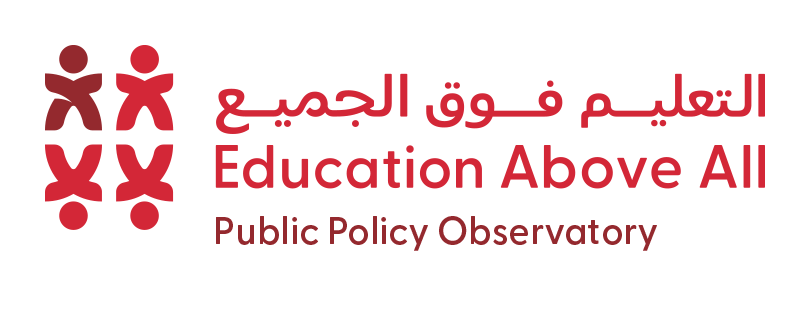Context
In Ghana, the education sector faces significant challenges, particularly in low-performing basic education schools and areas lacking strong educational infrastructure. To address these issues, the Ghana Accountability for Learning Outcomes Project (GALOP) has been implemented with initial funding of $150 million from the International Development Association (IDA). Additional financing from the UK's Foreign, Commonwealth & Development Office (FCDO) and the Government of Ghana aims to enhance the quality of education further and strengthen sector equity and accountability.
Solution
The additional financing, totaling $30 million ($25.5 million from FCDO and $4.5 million from the Government of Ghana), is directed towards two main objectives:
-
Reintegration of Out-of-School Children (OOSC): Targeting approximately 75,000 out-of-school children in districts with the highest absentee and dropout rates and in the Greater Accra and Kumasi Metropolitan districts. This effort seeks to bring these children back into the formal education system.
-
Improvement of Learning Outcomes: Enhancing the education of around 120,000 students already enrolled in selected GALOP-beneficiary schools through strengthened interventions provided by service providers.
Impact
The project is expected to have a significant positive impact on Ghana’s education sector by:
-
Increasing Educational Access: Reintegrating out-of-school children into the formal education system, thus reducing absenteeism and dropout rates in targeted districts.
-
Enhancing Learning Quality: Providing better learning opportunities and resources to students in low-performing schools, thereby improving their educational outcomes.
-
Promoting Equity and Accountability: Strengthening the education sector's equity and accountability, ensuring that all children, regardless of their background or location, have access to quality education.
By addressing these critical areas, the project aims to create a more inclusive and effective educational environment in Ghana, ultimately contributing to the country's overall development.













